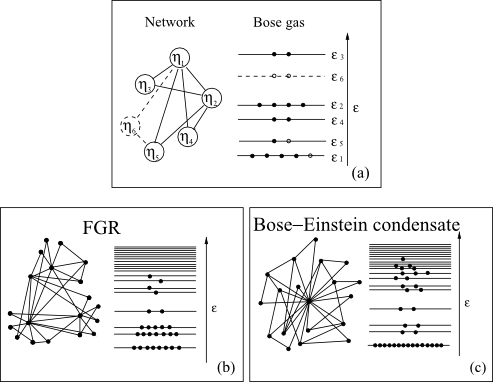Can I treat a quantum process as a Markov process?
In general, no, but they are related. The main different is the first thing you ignored: the complex number $i$. It is indeed very important in the Schrodinger equation:
$$-i\frac{d}{dt}\psi = \hat{H} \psi \tag{1}$$
If there is no $i$ in the equation, then the solution would be
$$\psi(t) = e^{-\hat{H}t} \psi(0) \tag{2}$$
Since $\hat{H}$ is Hermitian matrix, its eigenvalues are real numbers. Components with positive eigenvalues decrease to zero and negative eigenvalues blow up to infinity. The only stable solutions are the one that corresponding to 0 eigenvalue. It implies that general states are not conserving probability. So, it could be neither a quantum system, nor a Markov chain.
You should noted that similar Mathematics is not necessary means they are the same. For example, in Wick rotation, we also use the replacement $it\to1/T$, but we cannot say time is temperature.
Also, the correct discrete time version in your question should be
$$\psi_{n+1} - \psi_n = \Delta t H \psi_n \tag{3}$$
Otherwise, the system could reach the equilibrium state for any finite time if we take $t\to 0$. The appropriate analogue should be the Continuous time Markov chain.
For the Markov process:
$$V_{n+1}-V_n=(M-1)V_n \tag{4}$$
the matrix $(M-1)$ is not symmetric, so it can have complex number with real part $\le 0$. That is when the real part of all eigenvalues are $<0$, it corresponds to damped oscillations of state. Equilibrium state will be eventually reach in long time.
A subtle thing happens when all eigenvalues of $(M-1)$ are pure imaginary number. The eigenstates are purely oscillate and certainly conserve probability. It actually give the same solution to Eq. (2) in the continuous case. Hence, in this case, there are direct relation between the probability and probability amplitude. I am not quite sure about its existence and the exact condition.
I want to know how to deal with a Markov process whose state space has infinite dimensions. I think maybe quantum mechanics could give me some help.
It is somehow helpful in concept. We can consider the energy level of infinite square well (or harmonic oscillator) which has discrete countable infinite number of state denoted by $|n\rangle$. If the probability of each of these state is given by
$$p_n = \frac{1}{\zeta(4)}\frac{1}{n^4} \tag{5}$$
where $\zeta(4)$ is Riemann zeta function, so the total probability is $\sum p_n = 1$.
Using this as an example, we can construct a infinite state of Markov chain: label each node by an index, and use the identity matrix. Well, it is trivial as there is no cross link.
A more general way is to find the infinite state Markov matrix $(M-1)$ with pure imaginary described above, which has a close connection to the quantum mechanics. A unitary transformation can therefore create states linked together.
A more sophisticated example is to construct a scale free network of $N$ nodes with power > 2 and out-link with probability $1/k$ of a node degree $k$. Since the equilibrium probability of a state (arXiv:cond-mat/0307719) is given by
$$p(k)=\frac{k}{N\langle k \rangle} \tag{6}$$
in the limit $N\to\infty$, we have a Markov chain with infinite state that probability won't diverge. There are more general way to construct these type of network, such as the construction of network from BEC (arXiv:cond-mat/0011224) when we add infinite boson:

These method only cover a part of way to construct those Markov chain.

